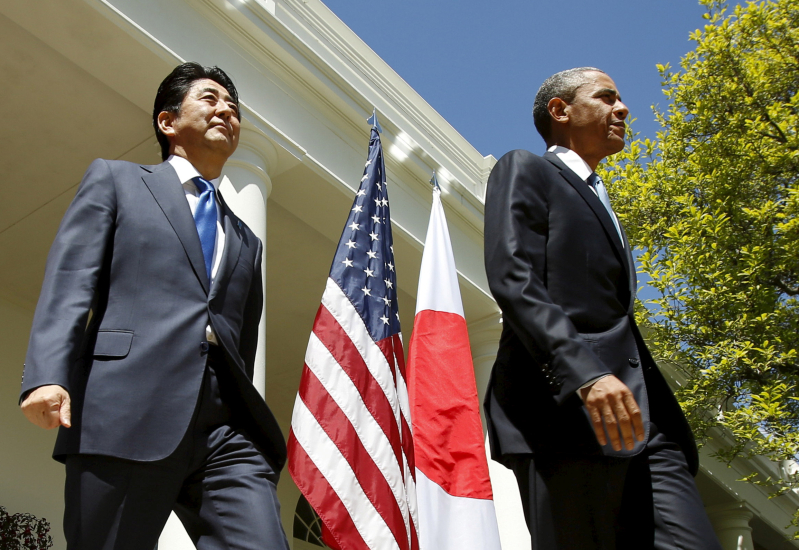
Faith leaders and scientists have formed a coalition to urge Barack Obama to undertake "meaningful" steps to minimize the threat of "nuclear catastrophe" ahead of the President's visit to Hiroshima, Japan on May 27.
The White House announced Tuesday that Obama and Japan Prime Minister Shinzo Abe will visit the site of the 1945 atomic bomb attack later this month "to highlight (Obama's) continued commitment to pursuing the peace and security of a world without nuclear weapons." The visit will follow the Group of Seven economic summit in Japan.
Christian Today notes that the coalition of faith leaders and scientists made the call through a letter sent to the American leader on May 4: "Nuclear weapons remain a real and urgent threat to humanity and our planet. If there is even a limited nuclear exchange, millions - if not billions - of people could perish; large swaths of the planet could be contaminated; and the global economy could collapse," the letter read.
The document was released by Bishop Oscar Cantú, chairman of the U.S. Bishops' committee on International Justice and Peace; Ken Kimmell, president of the Union of Concerned Scientists; Leith Anderson, president of the National Association of Evangelicals; and Gabriel Salguero, president of the National Latino Evangelical Coalition.
The scientists and faith leaders asked Obama "to take meaningful, practical nuclear risk-reduction steps" during the G7 summit.
"Heightened tensions between the United States and Russia, and the growing risk of nuclear use worldwide, are all the more reason for the president to take these meaningful steps to strengthen national and international security," the letter read.
KSDK News notes that reducing nuclear weapons has been a key goal of Obama's presidency and is one of the reasons he was awarded the 2009 Nobel Peace Prize. Last month, the president publicly rebuked presumed Republican presidential nominee Donald Trump for suggesting that Japan and South Korea should consider developing nuclear weapons.
The White House has said that while the president will visit Hiroshima, there will be no apology for the bombing on August 6, 1945 that killed 140,000 people. Along with a second bombing on Nagasaki, it is credited with ending World War Two.
On Tuesday, the president's communications adviser, Ben Rhodes, said on his Twitter page that the US would be "eternally proud of our civilian leaders and the men and women of our armed forces who served in World War II".
He said that Obama would "not revisit the decision to use the atomic bomb at the end of World War II. Instead, he will offer a forward-looking vision focused on our shared future".
He said the visit would "offer an opportunity to honour the memory of all innocents who were lost during the war."
Mr. Rhodes added: "The President and his team will make this visit knowing that the open recognition of history is essential to understanding our shared past, the forces that shape the world we live in today, and the future that we seek for our children and grandchildren."







